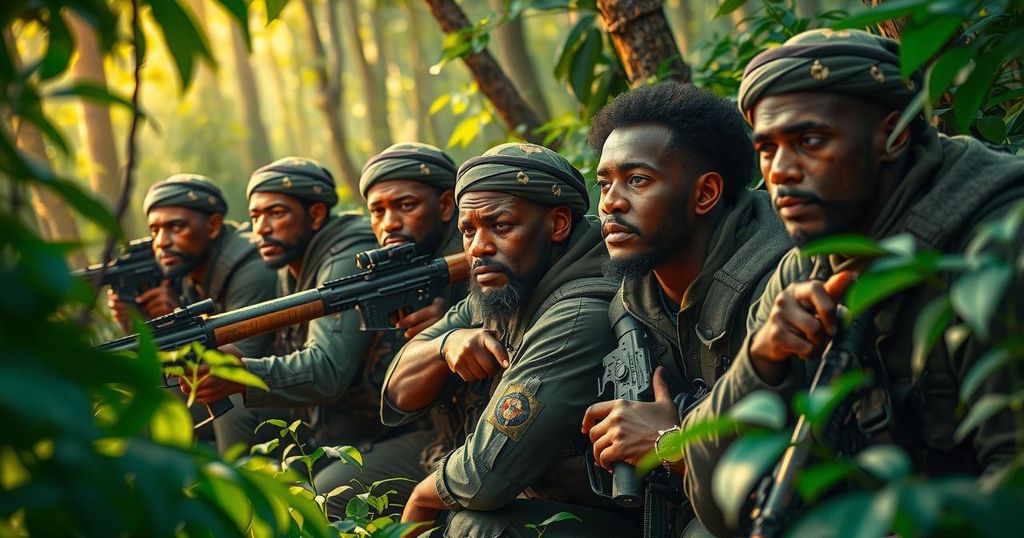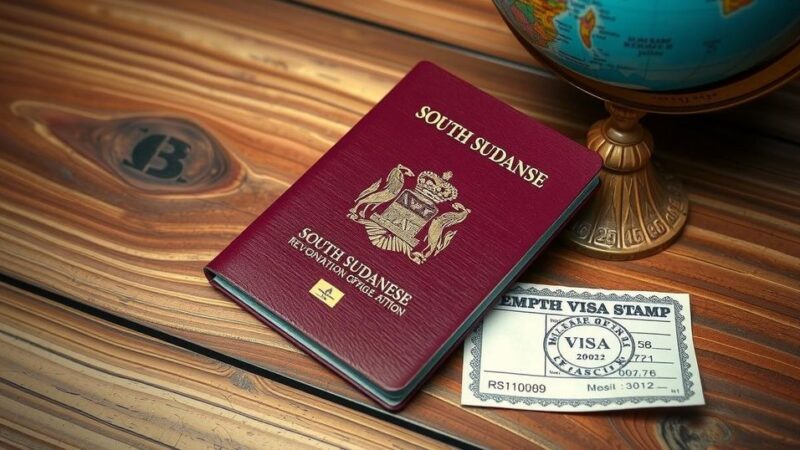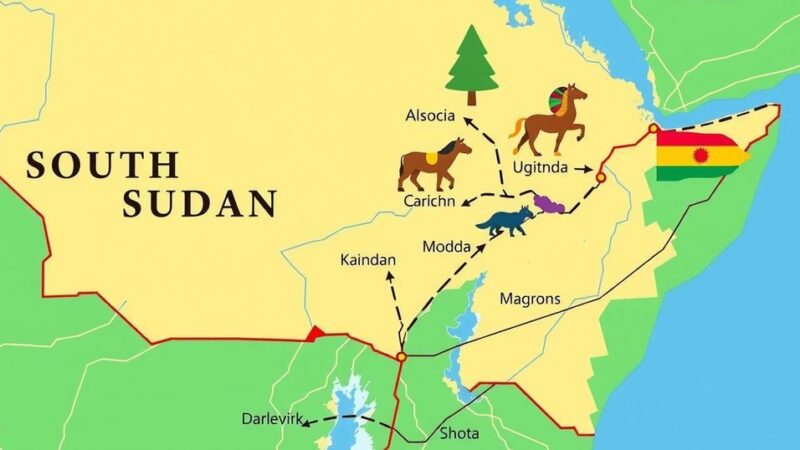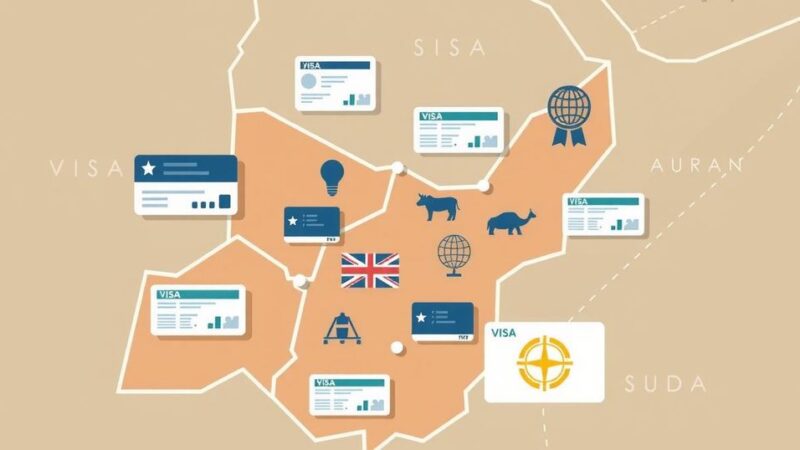The Rwandan-backed M23 rebels have captured the strategic town of Walikale in eastern Congo and dismissed ceasefire calls from Kinshasa and Kigali. This territorial gain signifies a deeper conflict with roots in the Rwandan genocide and ongoing struggles over natural resources. Direct talks with the Congolese government remain essential for resolving the violence.
The M23 rebel group, backed by Rwanda, has dismissed calls for an immediate ceasefire issued by the governments of Kinshasa and Kigali. The rebel leader stated that such appeals “do not concern us” as the group successfully captured the strategic town of Walikale, marking significant territorial gains in eastern Congo. Walikale, which had a population of 15,000, was overtaken after intense fighting with the Congolese army and allied militias, further escalating tensions in the region.
This ongoing conflict is largely rooted in the aftermath of the 1994 Rwandan genocide and the struggle for control over natural resources. Experts suggest that the situation is developing into a more extensive regional conflict, involving multiple nations, including Burundi and Rwanda, which have historical ties to the rebels. Walikale, located near key mineral resources and vital transport links, strategically advances the rebels closer to the city of Kisangani, approximately 400 kilometers away.
During a recent address to residents of Walikale, a M23 officer reiterated the rebels’ commitment to advance towards Kinshasa, stating, “We are going to continue…to join our soldiers who are also en route.” This bold declaration follows a recent meeting between Congolese President Felix Tshisekedi and Rwandan President Paul Kagame in Qatar, which had aimed to reach a mutual agreement for peace.
Corneille Nangaa, leader of the Congo River Alliance, dismissed the significance of the Doha meeting, asserting that it did not address their fundamental issues. He emphasized, “We are Congolese who are fighting for a cause,” asserting the need for direct dialogue between M23 and Kinshasa.
Despite expected discussions mediated by Angola, M23 withdrew from negotiations, citing restrictive EU sanctions targeting its leaders. This withdrawal signals their confidence and the complexities associated with peace initiatives spearheaded by various foreign governments. Angola’s foreign ministry expressed surprise at the outcomes of the Doha meeting, stating, “All efforts to resolve conflicts are welcome, but African problems should have an African solution.” Nangaa concluded with an assertion for the necessity of direct talks to address the ongoing conflict effectively.
The developments in eastern Congo signify a critical escalation in the longstanding conflict, as M23 rebels have advanced territorial claims while dismissing calls for a ceasefire. The complexity surrounding the situation poses challenges for diplomatic resolutions, emphasizing the need for focused dialogue between all parties involved. The geopolitical implications underscore the importance of addressing local grievances while ensuring that peace negotiations seek to achieve lasting stability for the region. Through their actions, both M23 and the governments of the surrounding nations must navigate a landscape fraught with historical grievances and a volatile socio-political environment to arrive at a peaceful resolution.
Original Source: sightmagazine.com.au






